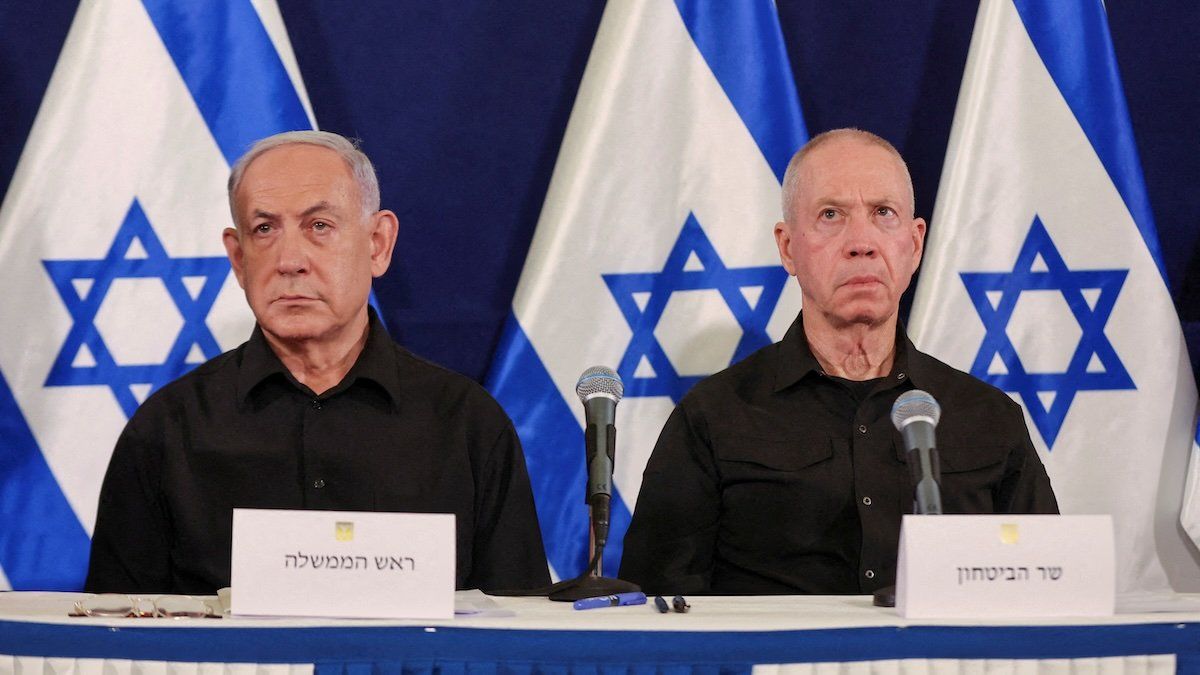As the Middle East braces for an expected Iranian attack on Israel, the US is boosting its military presence in the region by sending a guided missile submarine capable of carrying over 150 Tomahawk missiles. The Pentagon is also ordering the USS Abraham Lincoln carrier strike group to pick up the pace of its journey to the region.
It’s still unclear precisely when or how Iran will retaliate over recent attacks that killed top figures in Hamas and Hezbollah, but Israel on Monday placed its military on high alert. The Israeli intelligence community reportedly believes that Hezbollah will strike first, but there is likely to be an element of coordination between the Lebanese militant group and Tehran no matter what.
Meanwhile, Israeli Prime Minister Benjamin Netanyahu is feuding with Israeli Defense Minister Yoav Gallant.
Netanyahu accused Gallant of pushing “an anti-Israel narrative” after the defense minister reportedly criticized the prime minister’s goal of “total victory” against Hamas. The Israeli prime minister and Gallant have a history of disagreeing — Netanyahu fired Gallant last year, only to reinstate him two weeks later amid anti-government protests.
We’ll be watching to see if more cracks emerge in the Israeli government amid fears that the Middle East could be on the verge of a wider conflict amid the already devastating war in Gaza.
